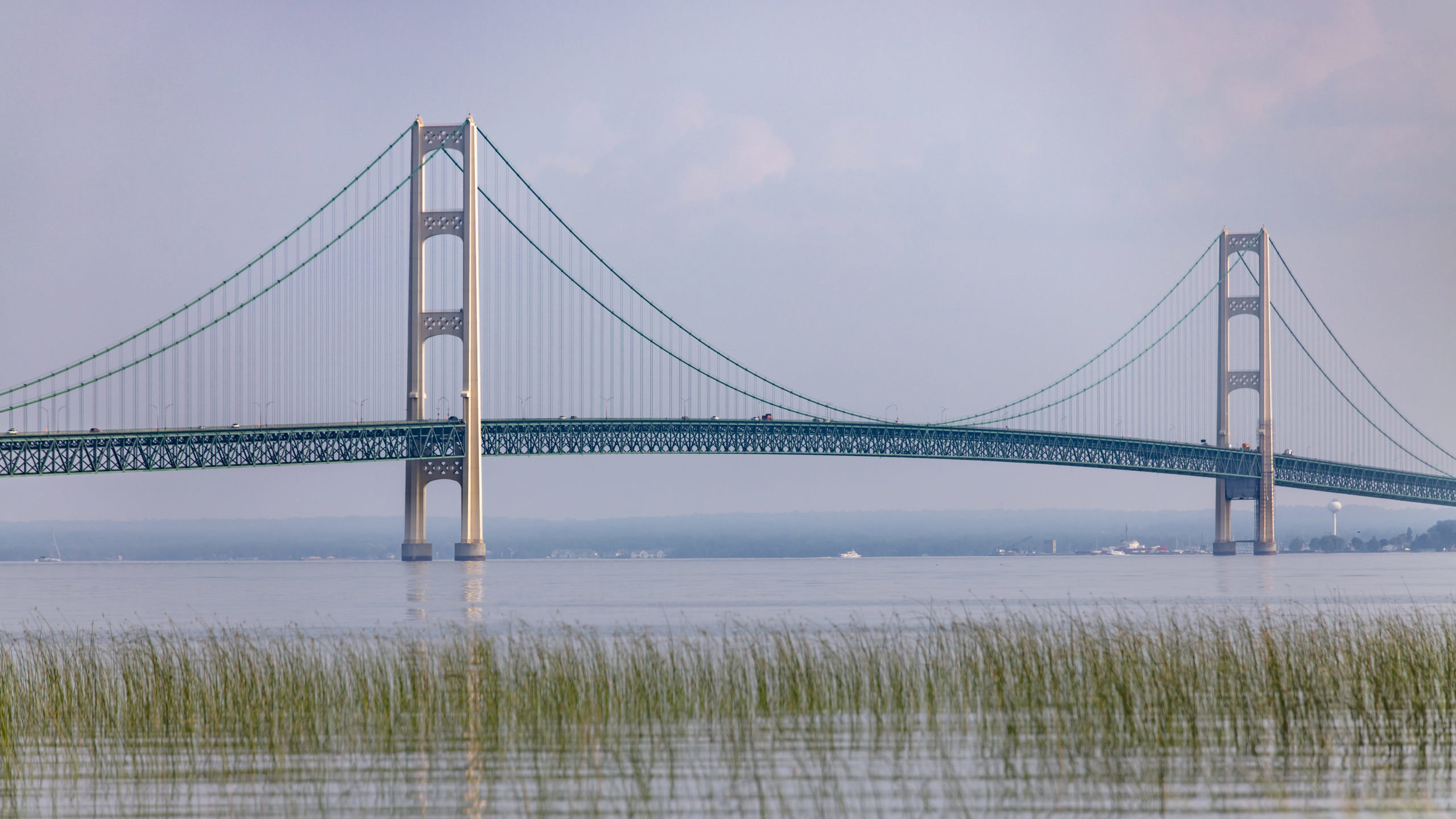A new report finding that Americans would pay billions more for everyday transportation fuels if the Line 5 pipeline is shut down is particularly alarming given the growing global energy security crisis from Russia’s invasion of Ukraine, say lawmakers in the U.S. Midwest.
“It is absolutely infuriating that closing Line 5 is still up for discussion with everything going on in the world today. Closing another pipeline, especially one as important as Line 5, will make us even more dependent on foreign oil,” said Ohio state senator (R) Theresa Gavarone.
“On top of the skyrocketing inflation, closing Line 5 would be devastating for families who are already struggling to make ends meet or businesses that are on the brink of closure.”
Line 5 is a key part of the Enbridge Mainline system linking energy suppliers and consumers in Canada and the U.S. It runs from Superior, Wisconsin to Sarnia, Ontario, carrying crude oil and natural gas liquids to Michigan, Ohio, Pennsylvania, Ontario and Quebec.
Michigan governor Gretchen Whitmer is trying to shut down the pipeline over perceived concerns of a spill where it crosses the Straits of Mackinac. Line 5 has operated in the waterways for nearly 70 years without a single leak, and now uses advanced marine safety monitoring that has been third-party verified as highly effective.
If Line 5 is shut down, families and businesses across the Midwest would collectively pay at least US$4.8 billion per year more for diesel and gasoline because of the lost reliable supply to area refineries, according to a new report published by the Houston, Texas-based Consumer Energy Alliance (CEA).
That’s in addition to thousands of anticipated job losses – nearly 34,000 in Ohio, Michigan, Indiana and Pennsylvania, according to a 2021 CEA report, and up to 28,500 in Ontario, according to the St Lawrence Corridor Economic Development Commission.
While the CEA’s report on fuel costs didn’t look at Canada, its authors believe that shutting down Line 5 would cause great challenges in Canada as well.
“There is no doubt in our minds that the impacts would be perhaps as severe as we measured for these U.S. states when you consider that Line 5 is also supplying refineries on the Canadian side of the border,” said Terry Clower, who co-wrote the report for CEA.
Justin Donnelly is one of the thousands of people could expect to lose their jobs if Line 5 is shut down. The president of United Steelworkers Local 912, he has been working at the Toledo Refining Company in Oregon, Ohio for over 18 years.
“A combined total of about 1,200 hardworking men and women from the Midwest region who work at that refinery would lose their jobs, causing a ripple effect that isn’t being taken enough into account,” he said.
“Why would we want to strap people with that cost when so many are already struggling? And more importantly, there isn’t a good reason to do so. The existing Line 5 is safe…Enbridge [also] has proposed the Great Lakes tunnel project that will move this already safe pipeline into a tunnel deep within the bedrock under the Straits, taking the little bit of risk from where it is today to a statistical zero.”
Enbridge has been granted approval to select a contractor to build the $500 million tunnel project. It still requires permits before it can proceed.
Michigan state representative Sara Cambensy (D) was one of the original lawmakers who voted to approve the tunnel in 2018.
“To this day, those opposed to build the Great Lakes tunnel have no serious plan. And they’re not talking about the impacts to our families, our communities and our businesses that rely on this pipeline,” she said.
“The U.S. Energy Information Administration projects that energy consumption will only continue to grow to 2050. How can we be talking about shutting down a major supply of energy at this point? Pipelines are the safest way to transport oil and gas. They keep our jobs or industry, our citizens and our businesses functioning.”
The unaltered reproduction of this content is free of charge with attribution to Canadian Energy Centre Ltd.
